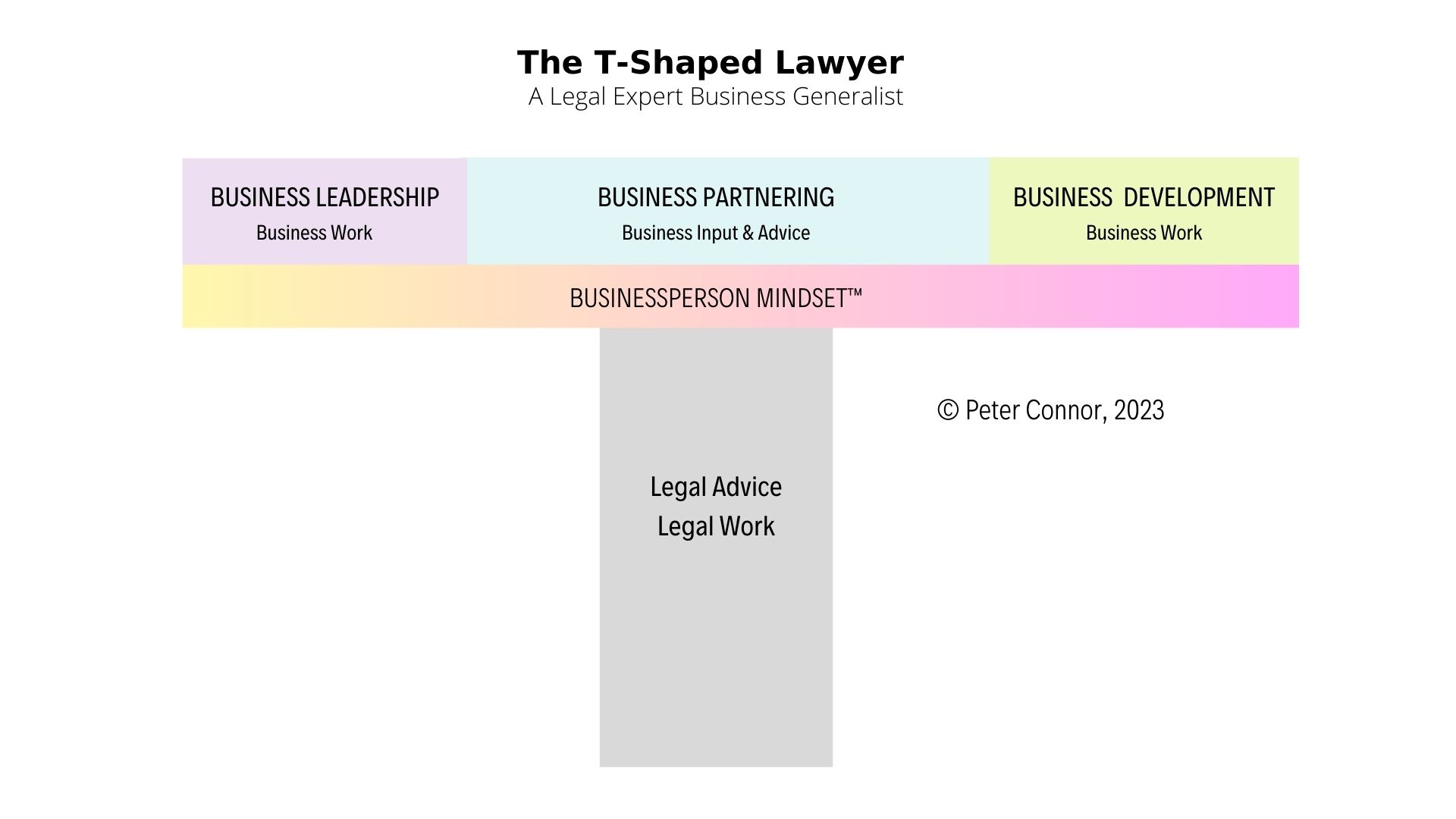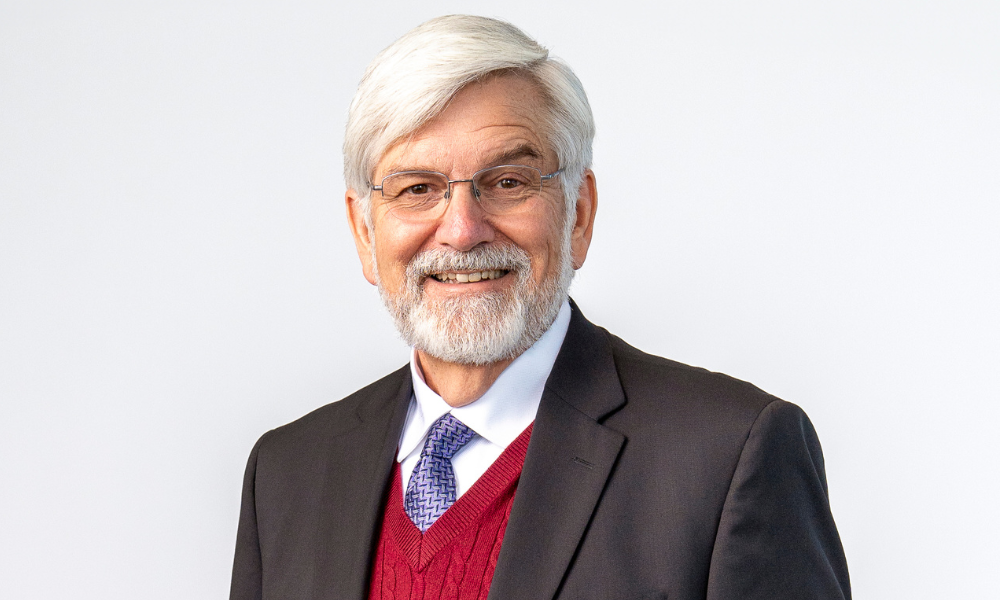For lawyers to add value in-house they must be a businessperson, says CEO of Alternatively Legal

In-house lawyers will not solve their problems by improving legal service delivery. They must change their work and how they do it, says Peter Connor, the founder and CEO of Alternatively Legal.
With 40 years of award-winning real-world experience, Australia-based Connor knows of which he speaks. He spent 25 years practising law, both privately with Baker McKenzie in Sydney and Hong Kong; and in-house as European General Counsel Head of Global Compliance for Citrix, and in-house as APAC General Counsel, Head of Legal Shared Services and European General Counsel, Head of European Government Affairs for Sun Microsystems.
In 2015, Connor founded Alternatively Legal, an international consultancy to help legal departments go beyond “just improving” by innovating and transforming themselves and their work. More recently, he culminated his experience by authoring A New Vision for Corporate Lawyers, the first part of his anticipated The T-Shaped Lawyer Series, now available online at no cost.
Latest News
“I wrote this book because lawyers have a problem,” he says. “There’s been a lot of changes in the world in the last five to 10 years, and although lawyers have harnessed technology to help them work faster and at less cost, their capabilities haven’t changed. Even so, the vast majority are not aware of the changes, with the result that they’re not entirely satisfied or thriving, not fully appreciated by their clients who often see them as a bit of a burden on the business, and not really preparing for the future, especially generative AI.”
The only way for lawyers to add value in-house, Connor adds, is by being businesspeople. For those who suggest that the concept of a lawyer as a businessperson is now a cliché, Connor begs to differ, arguing that most lawyers misunderstand the idea.
“There’s a difference between being a business partner, which is a noun, and business partnering, which focuses on doing business work, providing business input and advice. It’s one thing to understand the business and even have business acumen, but another to have a business mindset, which involves thinking of the business as a whole, instead of its constituent parts, like contracts or privacy.”
According to Connor, business colleagues want business input in business discussions with their counsel.
“And lawyers can do this from a unique perspective that comes from being at the intersection of many parts of the business, which allows them to connect the dots because they’re trained to think clearly and solve problems.”
Lawyers can connect the dots by spotting business problems they can see from their distinctive vantage point.
“Counsel might, for example, advise that a certain course of action is perfectly legal while also pointing out that taking that course might aggravate a strategic customer or partner,” Connor says.
Pointing to his own experience, Connor cites a problem that arose because some parts of the business were making deals with customers that affected negotiations that applied to other departments.
“I saw the need to create a deal management process that had nothing to do with the law at all,” he said.
Indeed, because many lawyers treat the notion of counsel as a businessperson as a buzzword, they fall down in that role.
“It takes time to understand business partnering, and most lawyers are too busy to comprehend what strategic work is and what it looks like,” Connor says. “The irony is that lawyers are pedantic and precise when it comes to the law, but in other arenas, like business innovation, they become very imprecise even though they might matter at least as much as the law does.”
That brings Connor to the notion of the “T-shaped lawyer.”

“A T-shaped lawyer is someone who does business work and is both a legal expert and a business generalist.”
And for the T-shaped lawyer, it’s not enough to engage in legal process improvement.
“Most lawyers do that, but their vision is internal, with the goal of being the best legal department they can be,” Connor says. “But to engage in business partnering, lawyers need to think beyond their default vision about being better lawyers and think in broader terms than the legal department. And having the appropriate vision is not a trivial or an abstract thing because it fundamentally changes the way they will look at things.”






